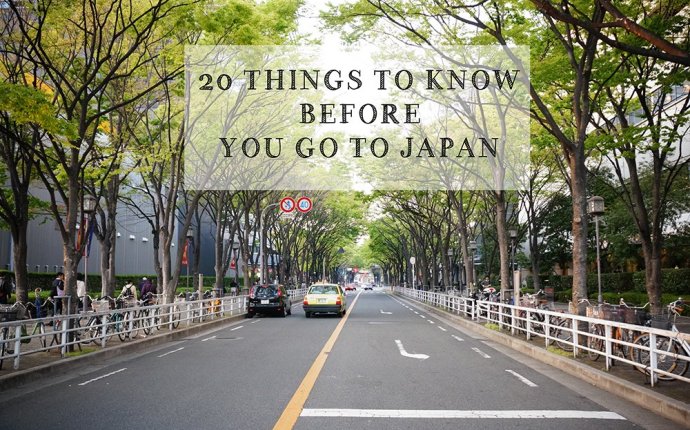
Things to know About Japanese culture
The term ‘omiyage’ is often translated as ‘souvenir’ in English, but omiyage are much more than that. Unlike souvenirs, which people often buy for themselves, omiyage are something people bring back for their friends, family and co-workers after a trip. Omiyage are typically speciality foods from different regions, which are packaged in beautiful brightly colored boxes with the food items individually wrapped inside for easy sharing. While bringing back souvenirs in the West is a nice gesture, in Japan, bringing omiyage after a trip is an expectation.
Christmas Is A Romantic Holiday
Christians only make up about 2% of Japan’s population, so Christmas is more of a novelty in Japan than a religious holiday. Elaborate light displays and Christmas trees are common, but most people celebrate on Christmas Eve rather than Christmas Day. Furthermore, Christmas Eve is considered to be more of a date night, similar to Valentine’s Day, with couples going out for fancy dinners and exchanging romantic gifts.
There Are Cues For Your Shoes
You might know that it’s polite to take your shoes off when entering someone’s home in Japan. But it can be difficult to tell if you’re supposed to take them off in many other buildings, such as temples, shrines, and restaurants. Fortunately, there are a few cues to look for, such as if slippers are set around the entrance, it’s a clear indication that guests should take their outdoor shoes off and put the slippers on instead. Additionally, if the floor is raised at the entrance, it means guests should take their shoes off in the doorway before stepping inside and onto the raised surface.
Japanese Women Used To Blacken Their Teeth
For centuries, tooth blackening, known as ohaguro, was a common practice for Japanese women, particularly married woman and geishas. In addition to being considered attractive, this practice was also believed to help protect the teeth against decay and other dental issues. Women would apply various substances to their teeth, such as mixtures of tooth wax and ink, to maintain their black appearance. The practice was banned beginning in the late 19th century, in an effort to modernize Japan and make its culture more appealing to Westerners.
It’s Rude To Eat Or Drink While Walking
It’s pretty common to see someone eating a bag of chips or sipping coffee while walking down the street in Western countries, but this is not the case in Japan. While it isn’t considered quite as rude as it used to be, eating or drinking while walking is still looked upon as low-class behavior. When most Japanese people buy food or drink from a vending machine on the street, for example, they’ll consume the whole thing while standing beside the machine to avoid walking with it.
Baseball Is Extremely Popular
Sumo may be Japan’s national sport and the one people most often associate with the country, but baseball is actually its most watched and played sport. It was introduced to the country during the Meiji Period and gained huge popularity thanks to the heavy American presence in Japan after World War II. Japan has two professional baseball leagues, as well as countless high school and university leagues across the country. Japanese baseball games are particularly notable for their fervent cheering sections, with people singing fight songs and participating in organized cheers continuously throughout most games.
Chopstick Positions Have Meaning
When you’re dining in Japan, it’s important to never stick your chopsticks into your food to rest them when you’re not eating. This actually resembles a ceremony performed at funerals in Japan, and it’s considered to be a bad omen. For the same reason, it’s also taboo to share food with others by passing it chopsticks to chopsticks. If you want to share, use your chopsticks to place the food on the other person’s plate.









